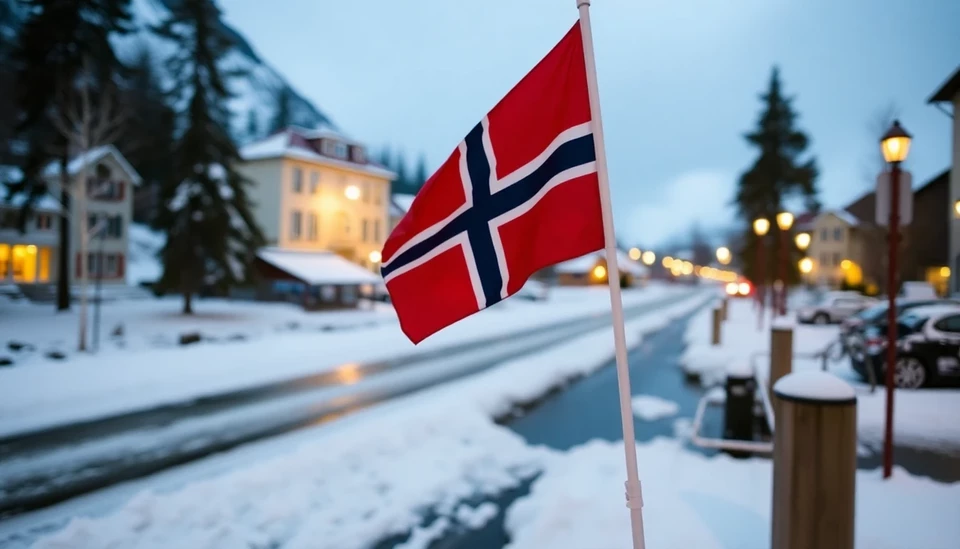
In a surprising turn of events for Norway's economy, data released on February 10 revealed that the nation's core inflation rate unexpectedly increased in January. This uptick has stirred concerns among economists and policymakers who were anticipating a slowdown in inflationary pressures as the country grapples with economic challenges and fluctuating prices.
The core inflation rate, which excludes volatile items such as food and energy prices, surged to 6.8% in January compared to the previous year, marking a notable rise from the 6.5% recorded in December. Analysts had predicted a stabilization or a slight decline in this rate, making the January figures particularly alarming.
The unexpected acceleration in core inflation has significant implications for the Norwegian economy, especially as the country's central bank, Norges Bank, has been actively managing monetary policy to address rising inflation levels. With the new figures in hand, there is speculation on whether the central bank may need to adjust its approach, potentially leading to further interest rate hikes.
Market reactions have already begun to reflect the unease surrounding the inflation data. Investors are closely monitoring the situation, as any move by Norges Bank to increase interest rates in response to the accelerating inflation could lead to a stronger krone, impacting exports and growth prospects in the region.
The broader economic context paints a mixed picture. Norway has been navigating various external pressures, including global economic uncertainties and fluctuating commodity prices. While the country has traditionally benefitted from its oil and gas reserves, recent trends suggest that inflation could undermine economic stability if not controlled effectively.
Economists are now calling for a reevaluation of fiscal strategies and a heightened focus on controlling inflation, which remains a critical concern for households and businesses alike. As wages have not kept pace with rising prices, consumer confidence could be undermined, leading to a broader slowdown in economic activity.
The data has triggered discussions about the implications for consumer spending and investment in Norway moving forward. As inflation impacts purchasing power, there is concern that discretionary spending may decline, potentially leading to slower growth in the domestic market.
Norges Bank will convene for its next monetary policy meeting shortly, and the discussions are expected to be heavily influenced by this latest inflation report. The central bank previously signaled a cautious approach, but the new data may compel a shift in strategy to address the pressing issue of inflation.
In summary, January's unexpected rise in Norway's core inflation presents a complex challenge for policymakers as they attempt to balance economic growth while tackling the threat posed by rising prices. As the situation develops, all eyes will be on the central bank's forthcoming decisions and the broader implications for Norway's economy.
#Norway #CoreInflation #EconomicPolicy #NorgesBank #MonetaryPolicy #InflationRise #MarketImpact #ConsumerConfidence #EconomicGrowth
Author: Daniel Foster




